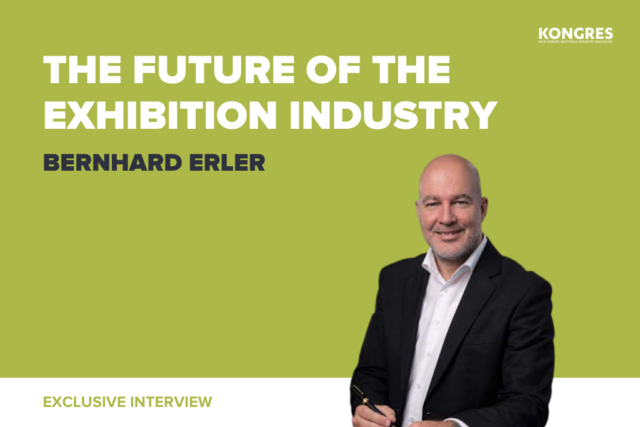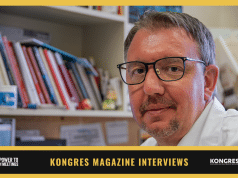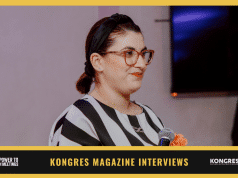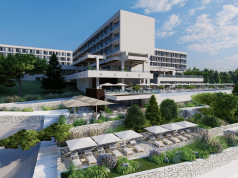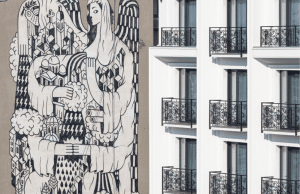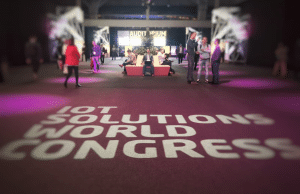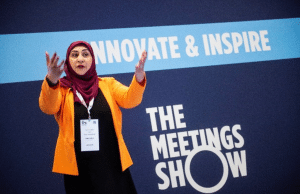“Like all other fair organisers, we cancelled all planned shows until the summer”
Q: How do you personally perceive the cancellation of trade shows?
To cancel a trade show is a very bad decision for any fair organiser. Within the last decades, we enlarged our portfolio and started with new fairs, and now we are forced to cancel them. This is really awful and emotionally challenging – not only for me but also for my whole team. To organise a trade show requires at least one year of hard work, and if you have to cancel a trade show, you have the feeling that all the effort was vain. Furthermore, we have no chance to generate turnover with our core business.
Q: How has your company adapted to the new normal?
We used all the possibilities of governmental support and reduced the working hours. Thus, we were not forced to fire employees. We used the time to optimise our organisation, implemented new software and reshaped our processes. Furthermore, in February, we organised our first virtual trade show, which was very successful. Hence, now we are considering how to enrich some of our trade shows with virtual elements in the future.
Q: Is it possible to use the exhibition spaces for other purposes when there are no trade shows or events?
The main function of a fairground is to host fairs and diverse events. One of our core competencies regarding infrastructure is our size. We can offer space for meetings, which could not take place during the pandemic in normal seminar rooms. For instance, the municipal council of Klagenfurt and some political parties used our pavilions for their meetings. Furthermore, various companies used our facilities for in-house-trainings. At the moment, we are one of the main centres in our region for covid-19-testings and vaccinations.
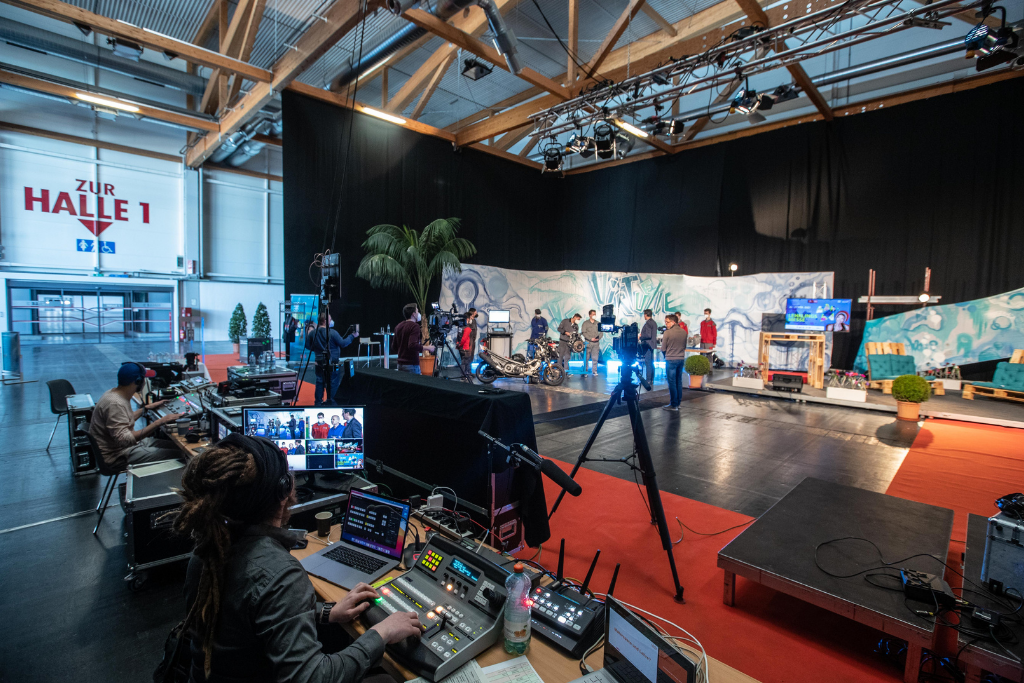
Q: What trade shows are you planning for this year, given that the epidemiological situation will be favourable?
Like all other fair organisers, we cancelled all planned shows until the summer. We hope that we can start organising events by Autumn with our classical “Klagenfurter Herbstmesse” together with a specialised fair for ecological building and constructing. In November, we will organise our fair-bundle “Familienmesse, Gesund Leben, gesund&glücklich”.
Q: Trade shows have incredible multiplicative effects. Is the general public or government currently aware of these effects?
Yes, definitely. The municipality of Klagenfurt, the state of Carinthia and the Carinthian Chamber of Commerce are the owners of our company. It is obvious that without fairs and large events, Klagenfurt’s hotels are empty.
Q: Q6: Does the government help you overcome the crisis, and how?
In 2020, the national government granted the so-called “turnover replacement” for November and December. Moreover, we used the possibility of short-time work last year and in 2021. These two instruments helped us to get liquidity and are helping us to overcome the crisis.
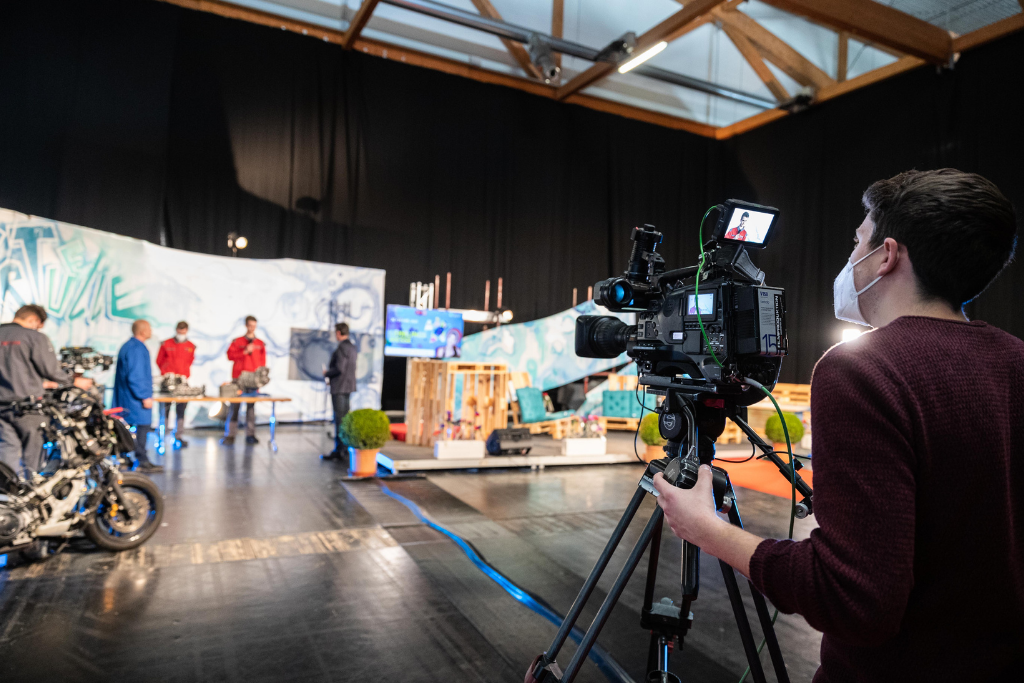
“In the future, hybrid formats will have the biggest growth potential”
Q: Can you give our readers your perspective on the exhibition sector in the global market?
This is a very difficult question! In my opinion, as a national and interregional player, we will have a “normal” situation by the end of 2021 or by the beginning of 2022. Our customers come by car, and we are not dependent on international exhibitors and visitors arriving by plane or coming from other continents. I think that we will recover in 2022 and 2023. Regarding the “premier league” of our industry – the world-leading trade shows – I expect a recovery in one or two years.
Q: Are virtual trade shows comparable to classic trade shows?
In February, we organised a virtual trade show, named „Erste virtueller Kärntner Lehrlingsmesse“, which was a great success. Nevertheless, we learned that a virtual show cannot replace a traditional trade show. If we overcome the pandemic, I expect a renaissance of classical trade shows, enlarged with some additional virtual elements.
Q: How have you adapted to the new reality of the meetings industry, which is much more digital and hybrid?
Our core competence is the organisation of fairs. Meetings are a third party business for us. We brought new experiences with virtual trade shows, and we are now focused on how to use these new competencies in future for our trade shows. But, of course, we also plan to help our guest organisers to change their formats from analogue into the hybrid. I am convinced that in the future, hybrid formats will have the biggest growth potential.
Q: Who could be hired at this moment at your company? What would they have to showcase at the job interview?
As we think that hybrid shows will grow in future, we are looking for staff that has a high affinity with digitalisation. Additionally, if someone showcases that they are flexible and team players and that they are interested in new and innovative projects, they are the right person for us.
EXTRA QUESTION FOR BERNHARD
Q: High Tech or High Touch?
A trade show brings people together – in real life! During the pandemic, we all hosted and attended lots of videoconferences, and we can see that there is a huge qualitative difference between a real meeting and a virtual meeting. In standard situations, a videoconference is probably more effective, but if we talk about innovations and industry-small-talk, a personal meeting cannot be replaced. So I prefer a high touch culture. But of course, in the future, I expect a mixture between high touch and high tech.


